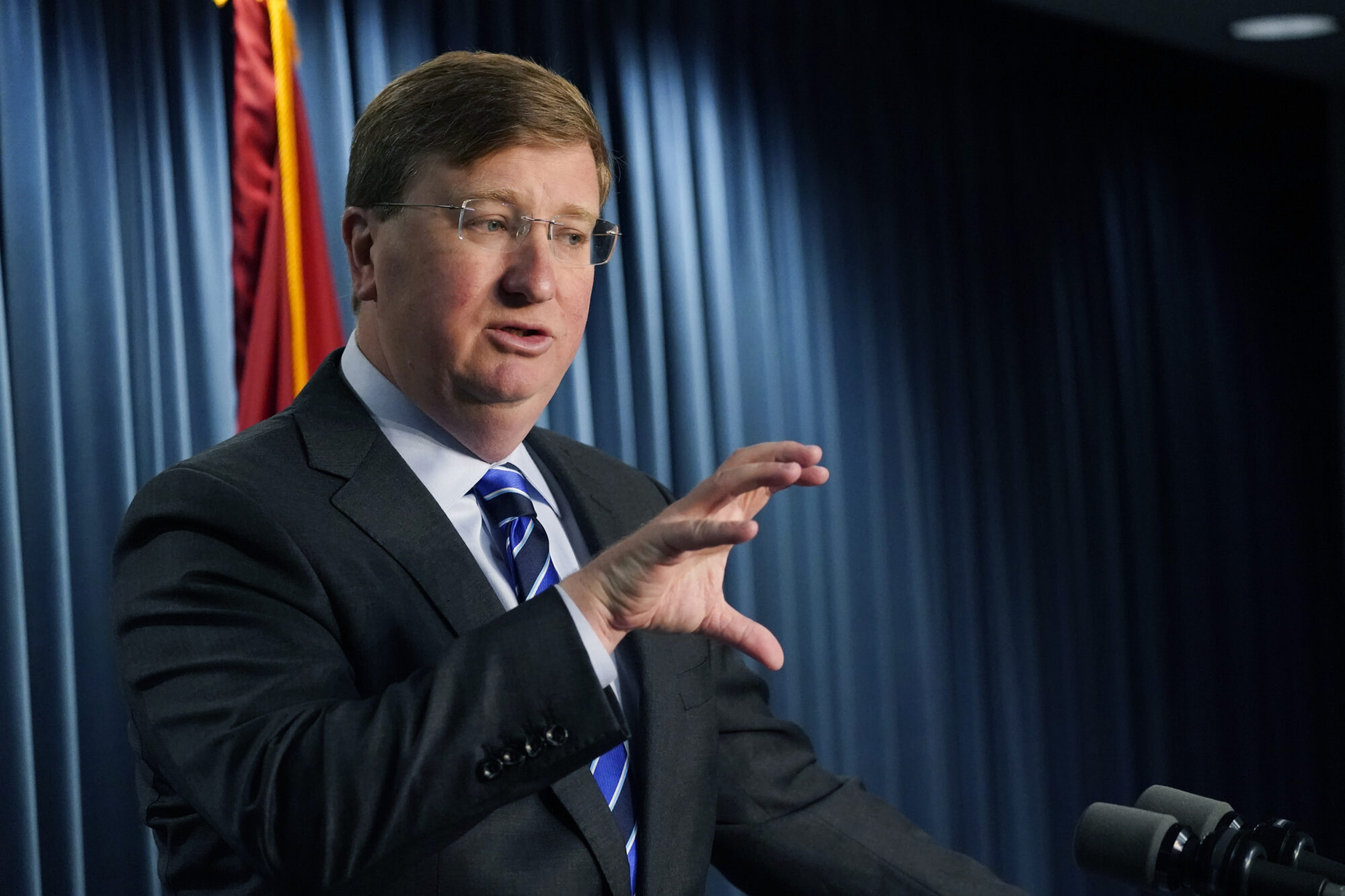
Starla Brown, AFP-MS State Director
- Medicaid was never designed to be a primary insurance provider for able-bodied consumers, writes Starla Brown.
The end of the 2024 legislative session provided a snapshot of the policy issues that Mississippi faces as we look ahead to what the state legislature will tackle in 2025. During the final weeks of the session, outlets like The New York Times, The Associated Press, and other prominent news organizations published articles highlighting a Medicaid expansion bill that eventually failed.
The issue of Medicaid expansion in Mississippi has dominated the political and legislative landscape for years. Session after session, critics highlight how Mississippi is one of only ten states that have not expanded the program since President Obama signed the Affordable Care Act in 2010. While a few well-intentioned Republicans in the state legislature support its expansion, Americans for Prosperity-Mississippi (AFP-MS) supports Governor Tate Reeves in opposing the current efforts to expand Medicaid.
Medicaid was never designed to be a primary insurance provider for able-bodied consumers, but rather as a temporary solution for individuals and families who need it. Medicaid’s bureaucratic reimbursement process means doctors and clinics, which are often locally owned by residents in our communities, receive less money than they would from private health plans.
Expanding Medicaid also strains state and federal budgets, potentially costing taxpayers even more than expected. Counting on the federal government to continue a 90% contribution to the program is dangerous as that contribution, as well as the federally permissible state provider-tax rate, could both decrease.
The federal government often looks at these line items when discussing budget plans, with some viewing limiting Medicaid contributions to improve our national deficit. State spending should be expected to go up on this program over time and other places such as Ohio and Arkansas have proven to be examples that once the program is expanded, there’s no going back.
If costs spiral out of control, the federal government will not let states limit enrollment or reduce eligibility. Mississippi legislators who want to see a balanced budget should heed caution of the potentially long-lasting effect Medicaid expansion could impose on taxpayers.
In addition to doctors and clinics not being properly reimbursed through this program, there is the issue of work requirements. In 2021, the Biden-Harris administration rescinded all work requirements for Medicaid recipients. Currently, Georgia is the only state in the country to have work requirements after the state sued the Centers for Medicare & Medicaid Services and won in court.
Under the current rules set forth by the Biden-Harris administration, not attaching work requirements for able-bodied individuals means that any expansion of Medicaid is welfare at the expense of the state and taxpayers. This would do nothing to close the health outcome gaps our state faces or empower local communities but rather exacerbate an already strained health care system.
Should the next legislative session bring forth another Medicaid expansion bill, we will once again participate in this important policy debate. AFP-MS remains committed to advocating for a Personal Option in healthcare – a series of meaningful reforms that foster opportunity and prosperity for Mississippians.
At AFP-MS, we believe the Magnolia State’s best days are ahead of us. Just like every other state in America, there are challenges our elected leaders and state officials must confront. We face serious challenges in the years ahead, including an aging and declining workforce and low education rates.
We urge our representatives to address these critical issues instead of attempting another misguided approach to expand Medicaid that will undoubtedly be vetoed by Governor Reeves, and instead consider a better path that empowers Mississippians with affordable, personalized, and high-quality care.










